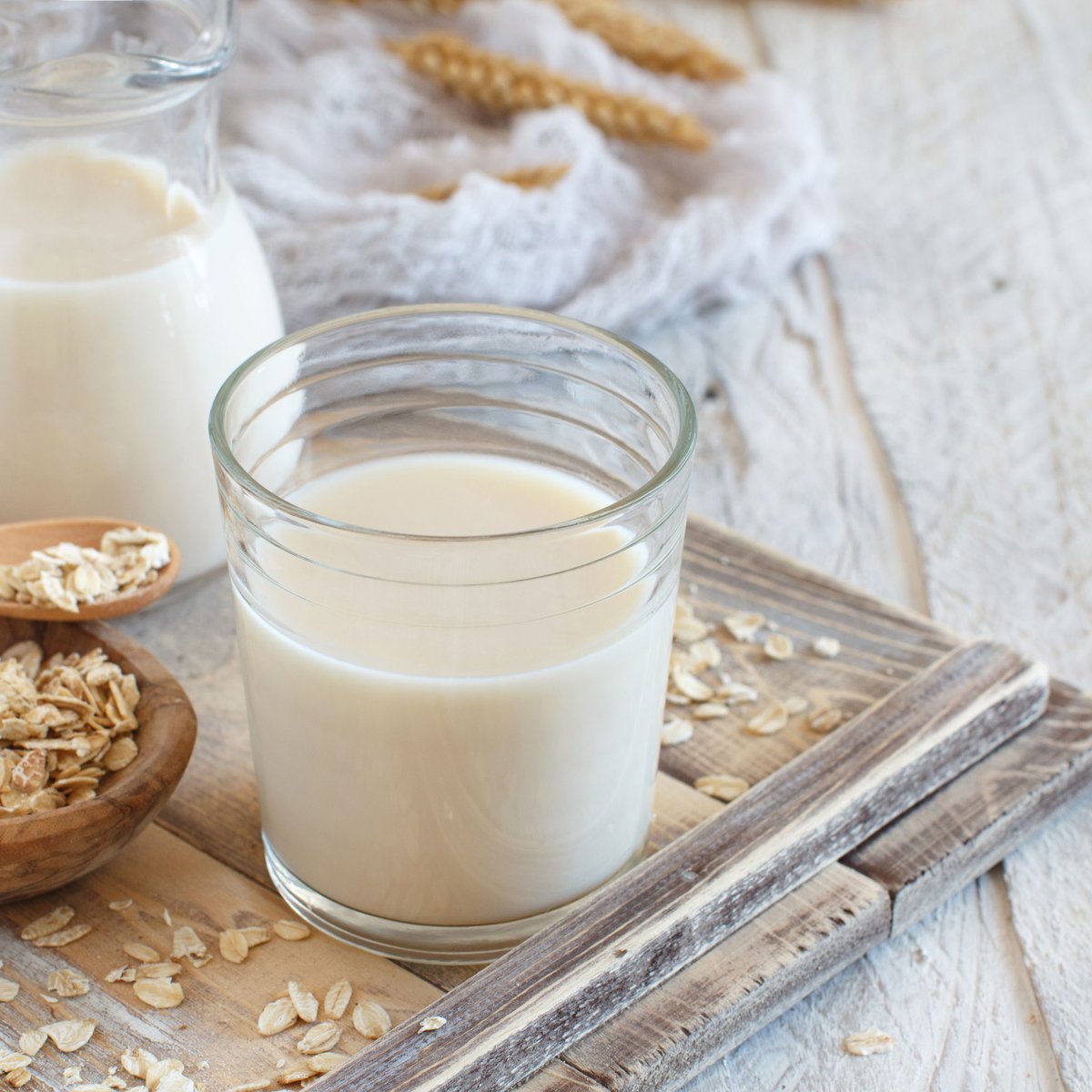Oat milk is being hailed as this season’s big thing, helping to lower cholesterol while boosting immunity. Here’s what the pros think about this latest tasty trend
Founder of Diversified Integrated Sports Clinic in Dubai, Dr Tamara Ghazi, started using oat milk about two years ago. “I was noticing a lot of nausea and bloating after consuming lots of dairy,” she says.
Initially, she swapped to coconut milk, but the creaminess and high fat content made it nauseating. “Nut milks are a great vegan alternative, but many people nowadays are intolerant,” she says. “Plus, these milks tend to separate in coffees.”
So, Dr Ghazi turned to a less well-known solution: oat milk. Produced in a similar way to nut milks, oats are blended with water and the liquid is then strained. The final product includes beta-glucan, which helps to boost immunity and lower cholesterol, and oat milk has a higher protein content than other plant-based milks.
It is important to note, however, that many of the healthy attributes of oats – like the protein and fibre – tend to disappear with the leftover oat pulp during the straining process. As a result, brands often add nutrients so that oat milk echoes the vitamin profile of cow’s milk. The amount of vitamin B12, calcium, vitamin D and vitamin A that can be found in oat milk varies depending on the manufacturer. Also, when buying oat milk, keep an eye out for unsweetened varieties, which have no added sugar.
The uses of oat milk are similar to those of cow’s milk. Its creaminess makes it particularly popular for lattes and cappuccinos, but it’s also good for baking and in smoothies, protein shakes and soups. Just swap it in wherever you would normally use dairy.
